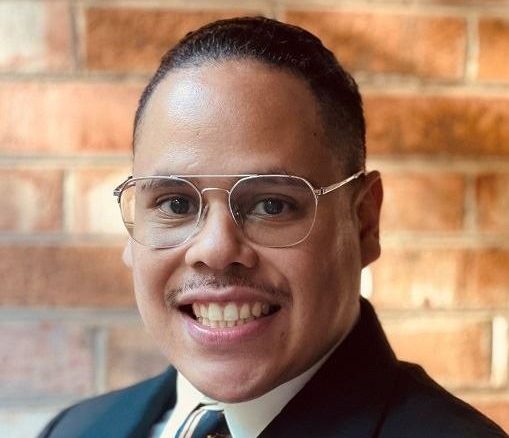Charlottesville’s Police Civilian Oversight Board met last week to discuss procedures for how the board can investigate complaints against the police—and how board members can investigate complaints against each other, an all-too-relevant process given the fractious history between recent members. At the meeting, board members voted to send a final draft of their operating procedures to City Council for approval.
According to the newly drafted procedures, the board has authority to investigate complaints against CPD employees, including illegal uses of force, discriminatory traffic stops, and injuries or death of a person in custody. The board can also investigate incidents voluntarily, if no complaint is filed.
In an earlier draft of the procedures, the board’s executive director was solely responsible for deciding whether the board would investigate a complaint, explained Chair Bill Mendez. Now, the director is required to consult with the board.
The executive director can also refer complaints to the commonwealth’s attorney for possible criminal prosecution, or to mediation, during which “two individuals get together and discuss their differences in a non-threatening, non-hyper adversarial atmosphere,” explained Mendez.
“That would allow officers and complainants to actually meet each other as human beings…and that might help a lot to establish better relations between the police and the community,” added Mendez.
Cases involving use of force—or officers with multiple complaints against them—are not eligible for mediation, which would be held confidentially.
“The object is good faith participation,” added Mendez. “If a complainant is not satisfied, we’re not shutting them out of the process. If they want to go back and say ‘please pursue this investigation,’ they can ask us to do that.”
The executive director is in charge of directly investigating complaints or engaging independent investigators, and will have access to all of CPD’s records, evidence, and witnesses. During an investigation, the board can subpoena witnesses and evidence, as well as hold public hearings, run by a hearing examiner.
Last year, community members called for the removal of members Bellamy Brown and Jeffrey Fracher, in light of leaked text messages expressing their contempt for former CPD chief RaShall Brackney, then-mayor Nikuyah Walker, local activists, and several other board members. Some also accused Brown of collaborating with the local Police Benevolent Association to get Brackney fired. In regard to complaints filed against board members, Mendez expressed concerns about the “optics” of allowing board members to investigate each other, and asked the board to change that section of the procedures to language suggested by City Attorney Lisa Robertson.
Hansel Aguilar, the board’s executive director, explained the process by which board members can investigate each other: The board can create a committee (which could also include members of the local Human Rights Commission or city staff) to examine complaints against board members, but only City Council has the authority to remove board members.
Per the proposed procedures, a member may be removed from the board for violating confidentiality obligations, secretly communicating with a person with a pending case, neglecting their duties, breaking the board’s Code of Ethics, or failing to comply with laws applicable to PCOB business, like the Freedom of Information Act.
Council is expected to discuss and vote on the operating procedures next month.
